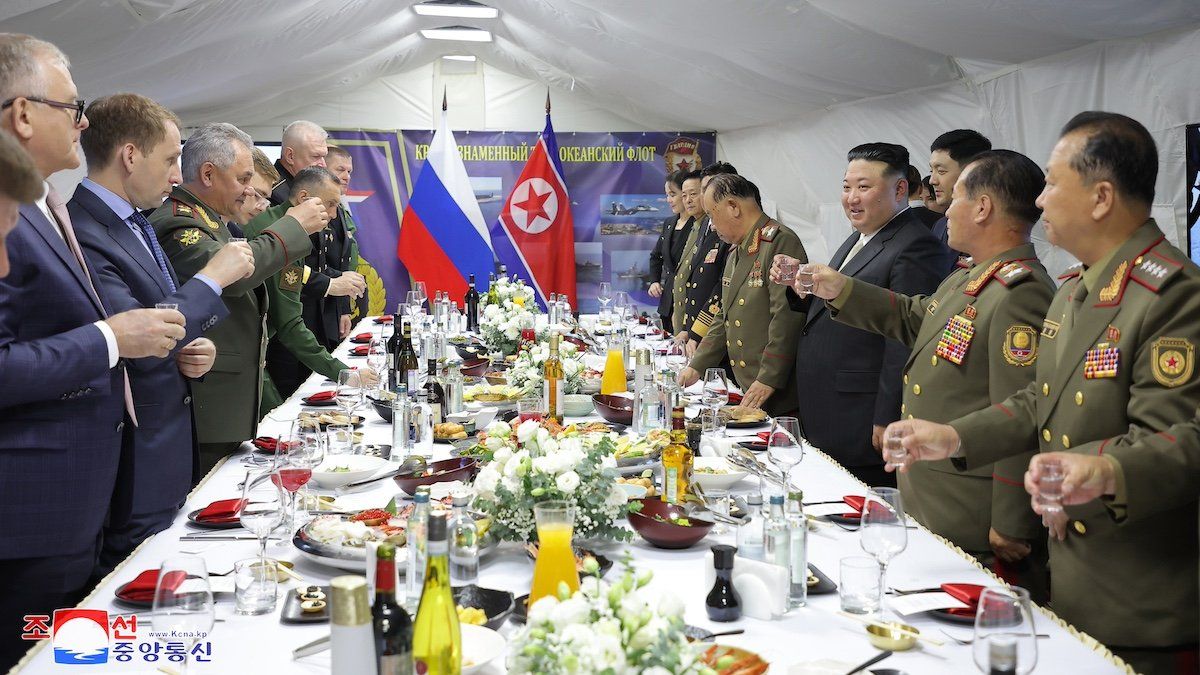Russia started supplying oil to North Korea this month in violation of UN sanctions on Pyongyang, according to a new report from a UK think tank and theFinancial Times. Satellite images have shown a number of North Korean tankers traveling to the Russian eastern port city of Vostochny in March.
In 2017, the UN Security Council voted, with Russian support, to sanction the DPRK following a series of nuclear weapons tests. Last August, North Korea began sending large quantities of munitions to Russia to support its invasion of Ukraine.
This is just the latest evidence of new security tensions in East Asia. Earlier this week, we noted the US and Japan will announce a major upgrade in their military relations next month. In response, Kim Yo Jong, the sister of North Korean leader Ki Jong Un, has rebuffed Japan’s call for a high-level bilateral meeting after initially indicating Pyongyang was open to it. “The DPRK side will pay no attention to and reject any contact and negotiations with the Japanese side,” she told North Korean state media.
Japan’s government is also becoming more militarily assertive. Tokyo pledged to double its defense spending by 2027 in response to perceived threats from China and North Korea, and Prime Minister Fumio Kishida’s cabinet announced this week that Japan will sell new fighter jets it’s developing with the UK and Italy to countries not directly involved in an ongoing conflict with which it has signed defense pacts.
Kishida will make a highly anticipated trip to Washington next month, and we’ll be watching to see how China, Russia, and North Korea react.
